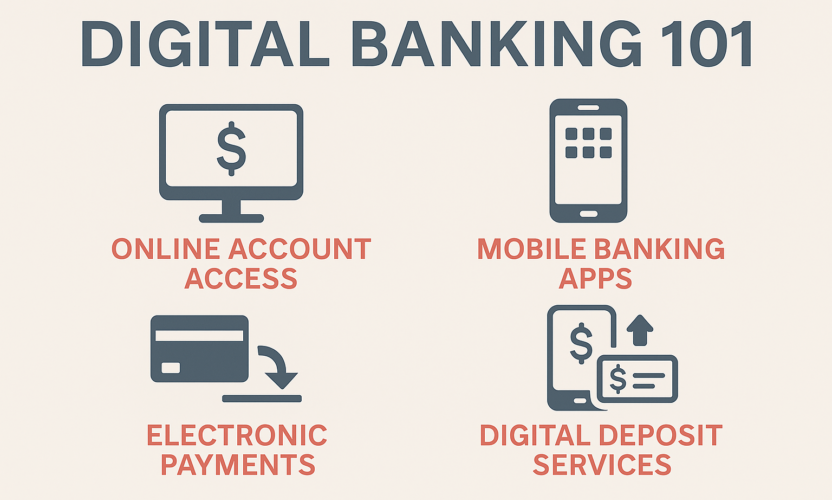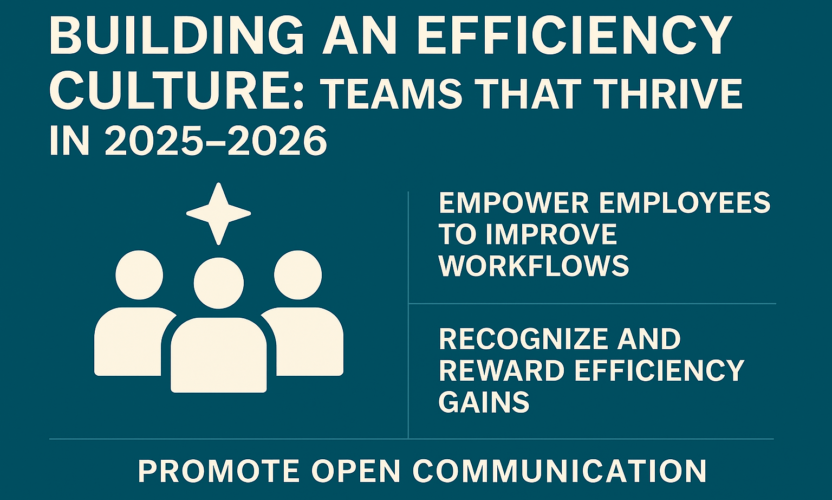Cannabis FAQ
07.28.2023Q. Where are sales and distribution of cannabis legal in the United States?
A. It is legal to sell and/or distribute cannabis in 39 states, the District of Columbia, Guam, Commonwealth of the Northern Mariana Islands, and the U.S. Virgin Islands. In some areas, only medical cannabis that requires a doctor’s prescription is legal.
Q. Is there federal legislation that will alter the regulation/legality of cannabis sales and distribution under consideration?
A. The SAFE Banking Act (Secure and Fair Endorsement Banking Act) has been passed by the House of Representatives seven times but has yet to win approval in the Senate.
Q. What is the current (as of 1/1/23) state breakdown for cannabis sales/distribution?
A. Currently, 21 states allow the sales/distribution of recreational cannabis, while 18 restrict it to medical uses only.
Q. How is cannabis classified with regard to the industry’s interaction with banking and credit unions?
A. Under current federal law, the cannabis industry is divided into three tiers from the perspective of banks.
- Tier 1 consists of distributors, retailers, and cultivators and is essentially off-limits. The prohibition is tied to businesses that “touch” cannabis.
- Tier 2 includes landlords, lawyers, and accountants with clients who are Tier 1.
- Tier 3 is comprised of hemp-related businesses.
TASI® Bank serves a variety of Tier 2 and Tier 3 businesses in California.
Q. How large is the domestic cannabis industry?
A. Combined U.S. medical and recreational cannabis sales could reach $33 billion by the end of 2022, largely driven by the opening of new adult-use markets. Retail cannabis sales are projected to be upwards of $52.6 billion by 2026, according to an analysis from the MJBiz Factbook.
Q. Is TASI® Bank an active participant in the cannabis industry?
A. Since 2015, TASI® Bank has provided in excess of $20 million in financing for Tier 2 and Tier 3 companies and businesses involved in the cannabis industry in California.
Q. Are there any laws or regulations that go into effect in 2023 in California that apply to financial institutions?
A. No.




